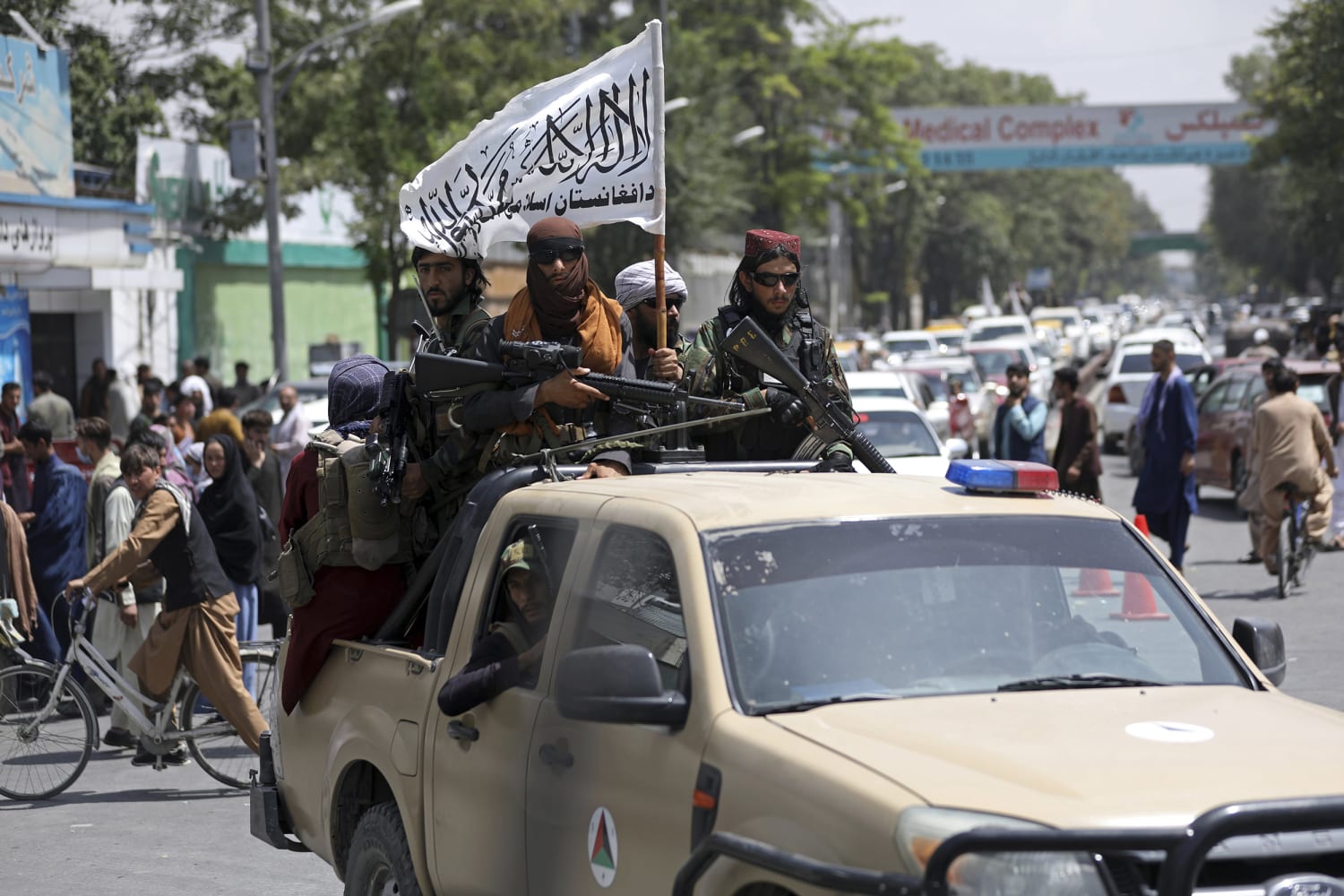Five websites operated by the Taliban went offline Friday, as many tech companies move to limit the group’s digital reach following their takeover of Kabul, Afghanistan, on Sunday.
The websites were central to how the group relayed messages to people inside and outside Afghanistan, as the Taliban continue to exert control over the country. All five sites operated in various languages, including Pashto, Dari, Urdu, Arabic and English, which are all spoken by people in Afghanistan and neighboring regions.
It is unclear why the websites were unavailable, but public information about the websites shows they each used Cloudflare, a major internet services provider. The Washington Post first reportedon the sites’ outages.
Cloudflare did not immediately respond to requests for comment. The company has been staunchly against censoring or taking down websites of its customers based on their content, but it has made some exceptions.
In 2017, Cloudflare dropped its protection of the Daily Stormer, a neo-Nazi website that was used to plan a violent rally in Charlottesville, Virginia, that summer, causing the website to go offline. In 2019, Cloudflare likewise stopped serving the message board 8chan, following a shooting in El Paso, Texas, that killed 23 people after it was reported that the suspected killer posted a manifesto to 8chan explaining his intentions.
The downed websites come amid a growing crackdown from some tech companies on the Taliban. Throughout the week, the Taliban have used WhatsApp groups in Afghanistan to help relay messages about their government takeover. But some Taliban WhatsApp groups have recently disappeared, according to SITE, a private intelligence firm that tracks extremist groups.
As WhatsApp is end-to-end encrypted, the company cannot read the contents of users’ messages. But the company does ban Taliban accounts when made aware of them in accordance with U.S. sanctions laws, WhatsApp spokesperson Alison Bonny said. WhatsApp is owned by Facebook.
“We’re seeking more information from relevant U.S. authorities given the evolving situation in Afghanistan,” Bonny said.
The U.S. State Department’s list of designated foreign terrorist organizations does not include the Taliban in Afghanistan, but it does include the Taliban in Pakistan. The Afghan Taliban are on a list of sanctioned organizations under the Treasury Department’s Office of Foreign Assets Control.
Key members of the Afghan Taliban do continue to operate on Twitter, including one of the group’s main spokespeople, Suhail Shaheen, who has more than 377,000 followers.
Katie Rosborough, a Twitter spokesperson, said the company is committed to keeping people safe while still providing a platform for protected groups, like journalists and human rights workers, who use Twitter to share messages in countries like Afghanistan where the situation is “rapidly evolving.”
Twitter has rules against hate, abuse and the glorification of violence, she said, but she did not comment on the large Twitter accounts held by Taliban members.
Facebook’s head of security, Nathaniel Gleicher, on Thursday unveiled new tools to help people in Afghanistan better secure their social media accounts amid reports that the Taliban have searched and seized phones looking for pictures of the Afghan army or recently collapsed Afghan government. Facebook had previously banned all Taliban content.
David Mortlock, an attorney who specializes in sanctions law and formerly served in the State Department during the Obama administration, said it’s possible that Cloudflare or another American company that has done business with the Taliban may have decided it’s not worth the trouble to continue working with the autocratic regime.
He said it’s also possible that tech companies are under pressure from the government.
“Treasury and State will often reach out to both U.S. and non-U.S. companies to invoke penalties or sanctions against those providing support to designated terrorist groups like the Taliban,” he wrote in a text message. “And it’s possible they are doing so now to limit the Taliban’s access to hosting services.”
The Treasury Department did not immediately respond to NBC News’ request for comment.
Source: | This article originally belongs to Nbcnews.com











